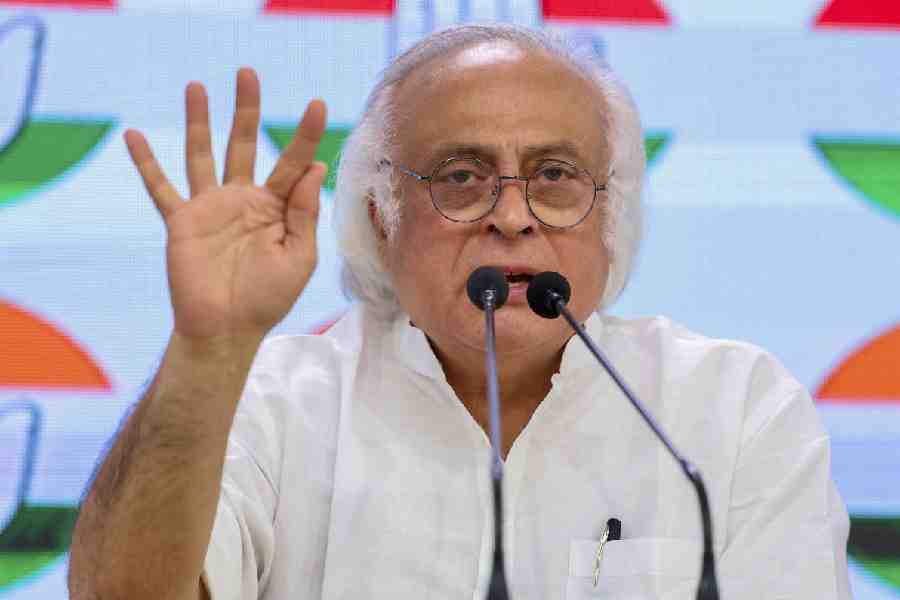The number of people being diagnosed with prostate cancer is steadily increasing with time. Hence, it is important to raise awareness about this disease. Recently, the doctors of Manipal Hospitals, Dhakuria, came together to emphasise the need for greater awareness about this disease, the significance of early detection, and the crucial role of timely treatment in saving lives.
This important discussion was attended by Consultant Oncologist and Uro Oncologist Bastab Ghosh, Senior Consultant and Radio Oncologist Soumen Basu, and Consultant Medical Oncologist Ashutosh Daga.
Prostate cancer is a life-threatening disease that affects nearly 6 percent of the global population. In India, the incidence stands at about 10 to 11 cases per 100,000 men. Highlighting the seriousness of the condition, Dr. Bastab Ghosh said, “This is why I strongly feel that initiatives like these discussions and awareness campaigns are extremely vital. They not only help people understand the risks but also encourage early diagnosis. Detecting prostate cancer in its initial stages gives us the best chance of treating patients effectively and even achieving a cure.”
Dr. Ashutosh Daga said, “This disease does not have any specific symptoms. The challenge is, if there are no symptoms to recognise, how do we detect it early? Screening plays a vital role in the early detection of cancer. However, the problem is that prostate cancer screening is still not well established.”
To know more, click the links below to watch the videos:
He further explained that for men between the ages of 50 and 70, the PSA blood test is among the simplest and most accessible methods of screening for prostate cancer. Regular screening within this age group can play a crucial role in detecting the disease at an early stage, when treatment is most effective.
But what should be done if the PSA level is high?
Dr. Soumen Basu said, “If the PSA is elevated, the first step should always be to consult a urologist or a uro-oncologist. A high PSA does not necessarily indicate cancer, which is why the specialist evaluating the patient will decide the next steps. This may include certain radiological tests, and if the doctor deems it necessary, a biopsy should be performed.”
Dr. Basu explained, “When the disease is identified as high-risk or there is a chance that it has spread in the body, local treatments alone are not sufficient to cure the patient. In such cases, we need to administer medications that work throughout the body.”
Treatment options include surgery in combination with hormone therapy. Thanks to modern advancements, diagnosing prostate cancer has become much easier than before. Radiation therapy has also seen significant improvements. While cobalt machines were used in the past, today advanced techniques such as RT, IGRT, and VMAT allow doctors to target cancer cells with much greater precision, improving treatment effectiveness and patient outcomes.
In stage 4 prostate cancer, hormone therapy is the primary treatment, often used in combination with chemotherapy or oral medications. In recent years, ‘triple therapy’, a combination of hormone therapy, chemotherapy, and oral drugs has shown promising results in treating the disease.
New treatments, including Olaparib and Lutetium-based nuclear medicine, are offering hope even for patients whose conventional therapies have not worked. Even in stage 4 prostate cancer, if multiple medications fail, there are still alternative treatment options available. This means that patients diagnosed with prostate cancer can continue to lead healthy and fulfilling lives, maintaining a good quality of life despite the disease.
This is a sponsored article. This article has been produced on behalf of Manipal Hospitals by ABP Digital Brand Hub.










